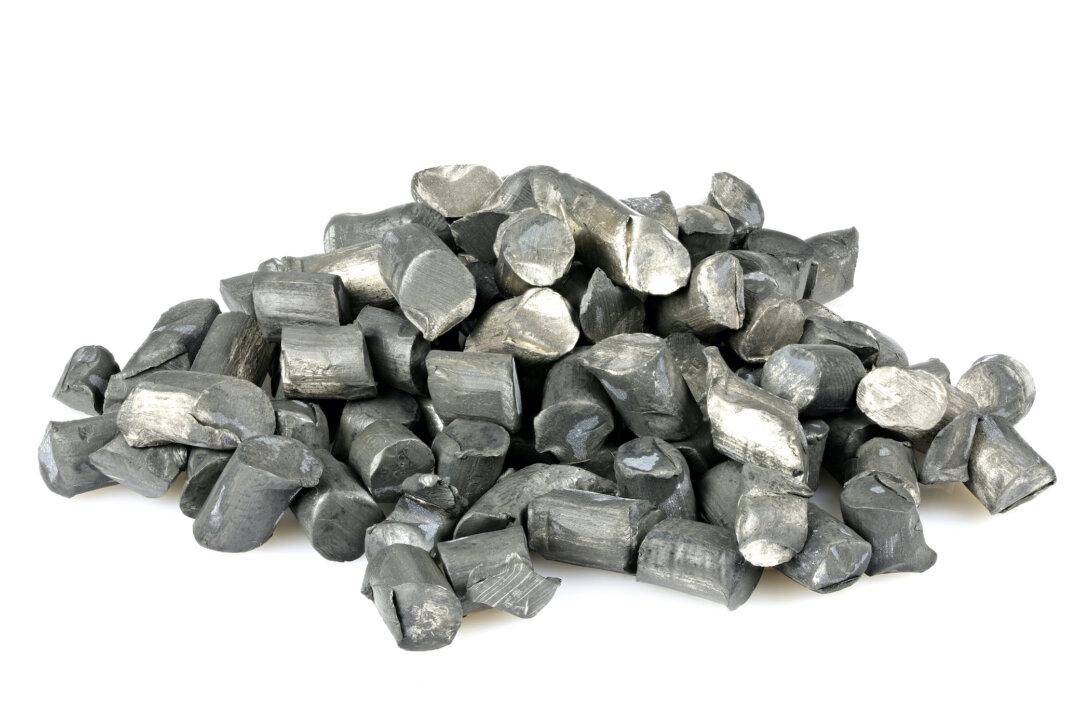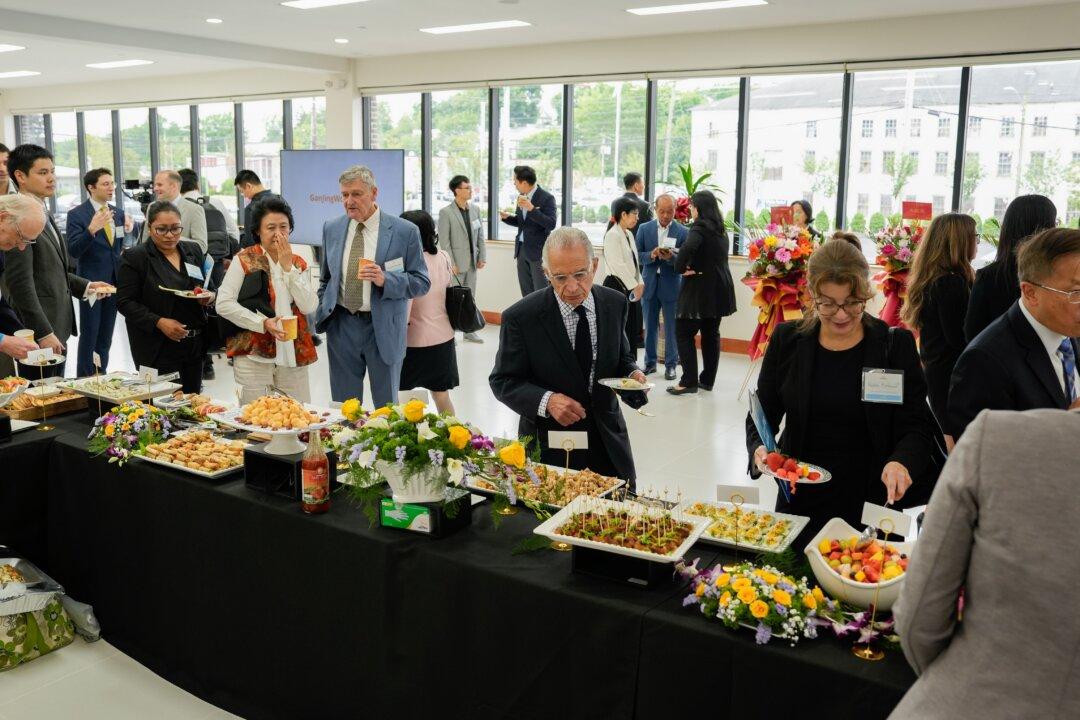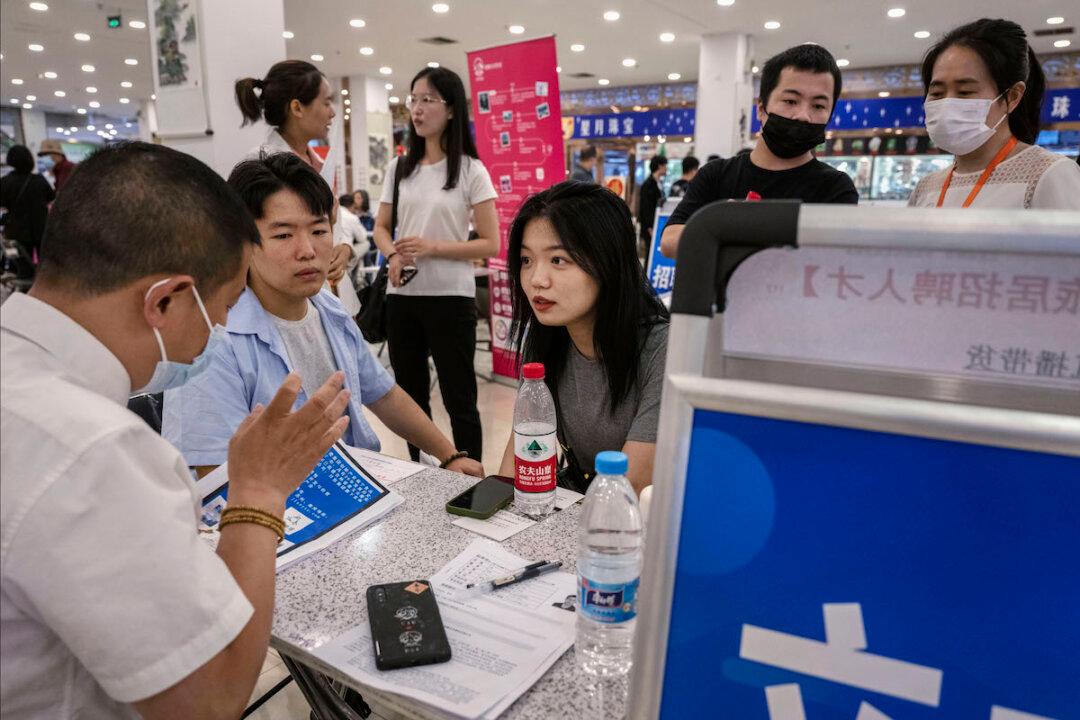As China faces fierce competition for lithium resources in Australia and South America, Africa has become a new target for Beijing’s hunt for the mineral. The rapid expansion of Chinese lithium capacity in Africa is drawing increasing attention, prompting a call for stepped-up American investment to counter the Chinese presence on the African continent. Meanwhile, although they may have a headstart in what has been called “the new gold rush,” a chaotic business environment on the continent poses significant risks for Chinese companies.
Lithium, a key mineral in electric car batteries, has been called the “oil of the 21st century.”





